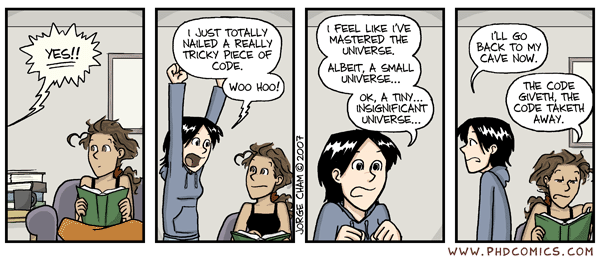- Joined
- Mar 18, 2007
- Messages
- 132
- Reaction score
- 4
Okay so this is probably a dumb question but I don't know the answer!
What is the difference between a One-Way ANOVA and a Univariate Analysis? I have all my data in SPSS and was running preliminary tests. I am getting WONDERFUL results with the One-Way ANOVA (like .001, .000, .002) but not so much with the Univariate test (.030, and some others not significant). What exactly is the difference between the two tests?? (My confusion lies in the fact that I thought an ANOVA WAS a univariate analysis?)
I'm also getting a few results with the Multivariate but nothing is giving me anywhere near the results of the ANOVA.
What is the difference between a One-Way ANOVA and a Univariate Analysis? I have all my data in SPSS and was running preliminary tests. I am getting WONDERFUL results with the One-Way ANOVA (like .001, .000, .002) but not so much with the Univariate test (.030, and some others not significant). What exactly is the difference between the two tests?? (My confusion lies in the fact that I thought an ANOVA WAS a univariate analysis?)
I'm also getting a few results with the Multivariate but nothing is giving me anywhere near the results of the ANOVA.


 I've done the exact same thing entirely too many times over the past years.
I've done the exact same thing entirely too many times over the past years.